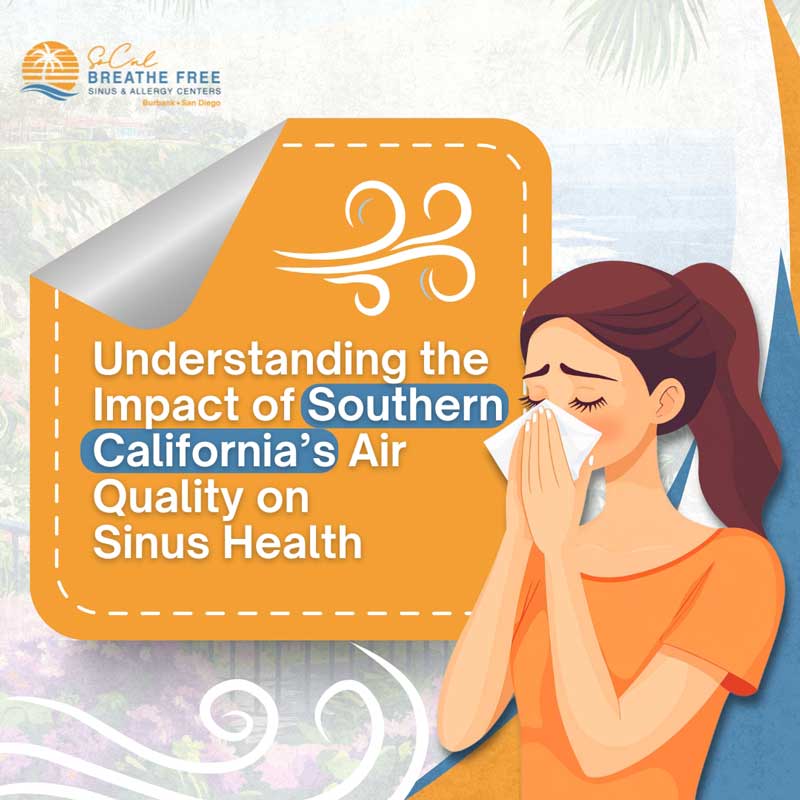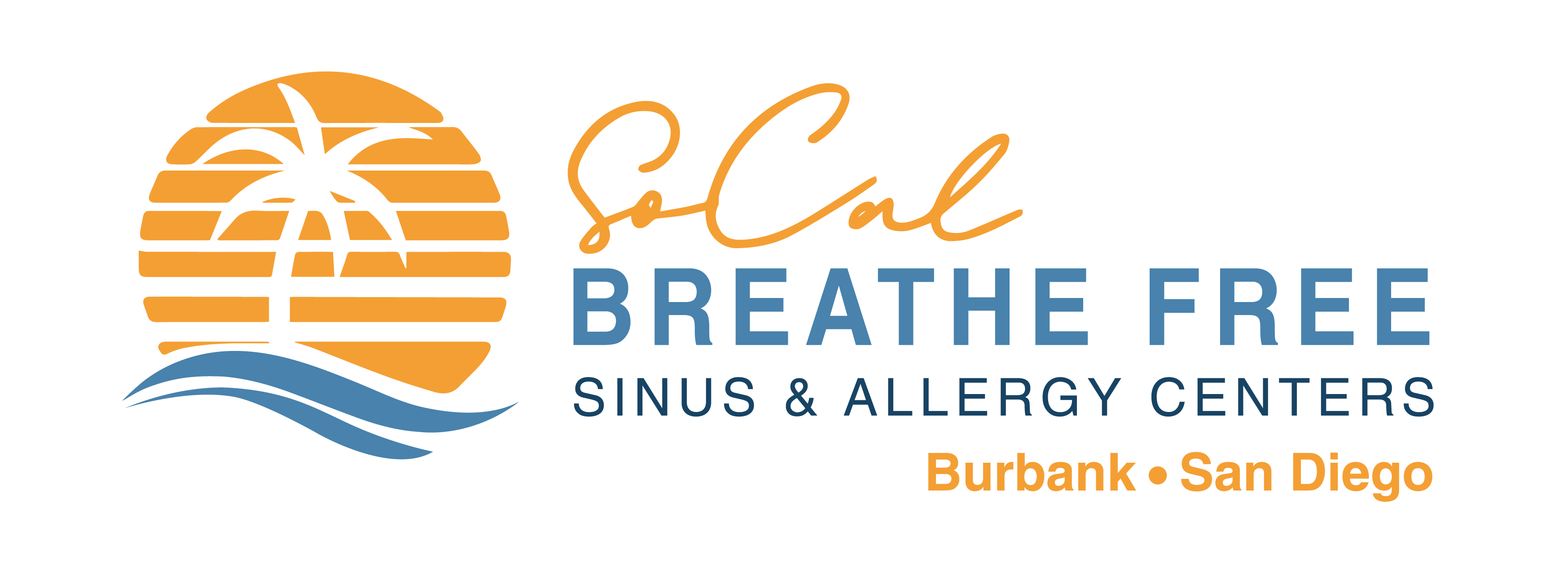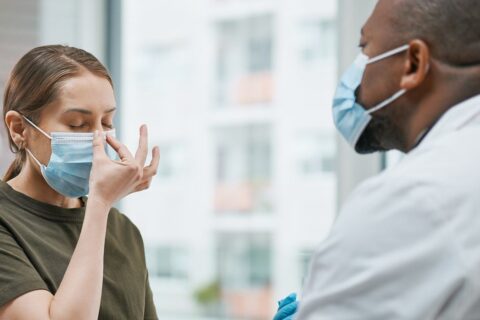Understanding the Impact of Southern California’s Air Quality on Sinus Health
Burbank or the greater Los Angeles area, you’re likely no stranger to poor air quality. Between pollution, pollen, wildfire smoke, and airborne allergens, breathing can be a challenge—especially for those dealing with chronic sinus issues.
At SoCal Breathe Free Sinus & Allergy Centers in Burbank, we often hear from patients experiencing nasal congestion, facial pressure, sinus headaches, and a constant runny nose. The culprit? Often it’s Southern California’s air.
Here’s how local air quality can affect your sinus health—and what you can do about it.

What Is Poor Air Quality?
Air quality is measured using the Air Quality Index (AQI), which evaluates levels of pollutants like pollen, dust, smoke, and microscopic particles. The higher the AQI, the more potential there is for sinus irritation.
In Burbank, shifting weather patterns and year-round pollution can mean near-constant exposure to these irritants.
Air Pollution and Sinus Health
Air pollution is a growing concern for public health and safety. Pollutants such as smog, wildfire smoke, and car exhaust can inflame the nasal passages. Over time, this inflammation can lead to chronic sinus infections, nasal blockage, and difficulty breathing through your nose.
Residents of Southern California, particularly those in Burbank, may find their sinus symptoms worsen during high-smog days or pollen season.
These air toxics can cause serious, long-term effects, especially if there is repeated exposure. People who are exposed to high concentrations of air pollutants long-term have an increased risk of developing chronic sinus infections and other related issues.
PM2.5 and Sinus Health
PM2.5 refers to fine particulate matter that’s 2.5 microns or smaller. These tiny particles can enter deep into your respiratory system and aggravate the sinuses. Prolonged exposure has been linked to chronic sinusitis, especially in areas like Burbank where air pollution levels can remain high for weeks at a time.
Allergies and Sinus Health
Pollen from local plants—especially in spring and fall—can set off allergic reactions. While allergies themselves don’t cause sinus infections, the resulting inflammation can block sinus drainage, making infections more likely and harder to treat.
If you live in Burbank and deal with both allergies and sinus issues, getting both properly evaluated can help prevent ongoing flare-ups.
What You Can Do
Here are some simple tips to keep your sinus health in check, despite the poor air quality in your area:
- Monitor air quality. Tools like IQAir, AccuWeather, and the World Air Quality Index Project can help Burbank residents check the air quality index in their area.
- Limit outdoor exposure. When air quality is poor or pollen levels are high, limit your time outside.
- Wear a protective mask. If you have to go outside, reduce your exposure to airborne irritants with a protective mask.
- Use air purifiers. This will remove airborne irritants and improve indoor air quality.
- Prioritize your health. Maintain a healthy diet of nutritious food, drink plenty of water, exercise regularly, and practice good hygiene habits.
- Consult with a specialist. If your sinus symptoms persist or worsen, do not hesitate to consult with a specialist for expert-guided advice on what could be wrong and how you can treat it.
Breathe Better With Expert Guidance From SoCal Breathe Free
If you’re tired of dealing with chronic sinus problems, SoCal Breathe Free Sinus & Allergy Centers is here to help. Our team of ENT specialists in Burbank, CA, provides personalized care for sinusitis, allergies, and nasal congestion—with solutions designed around your specific symptoms and lifestyle.
Breathe better and feel better—schedule a sinus evaluation with our team today and find long-term relief from frustrating nasal congestion and sinus pain!
The information provided in this article is for informational and educational purposes only and does not constitute medical advice. It is not intended to diagnose, treat, cure, or prevent any disease or medical condition. Always seek the guidance of your physician or other qualified healthcare provider with any questions you may have regarding a medical condition or treatment.
Results may vary: Treatment outcomes and health experiences may differ based on individual medical history, condition severity, and response to care.
Emergency Notice: If you are experiencing a medical emergency, call 911 or seek immediate medical attention.


